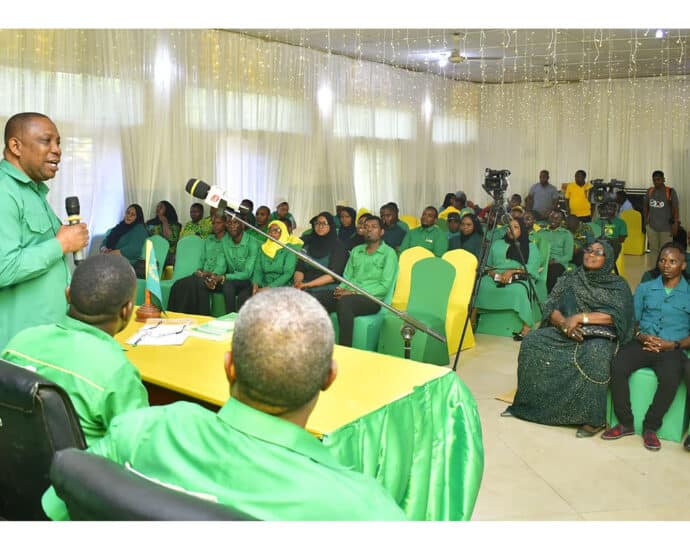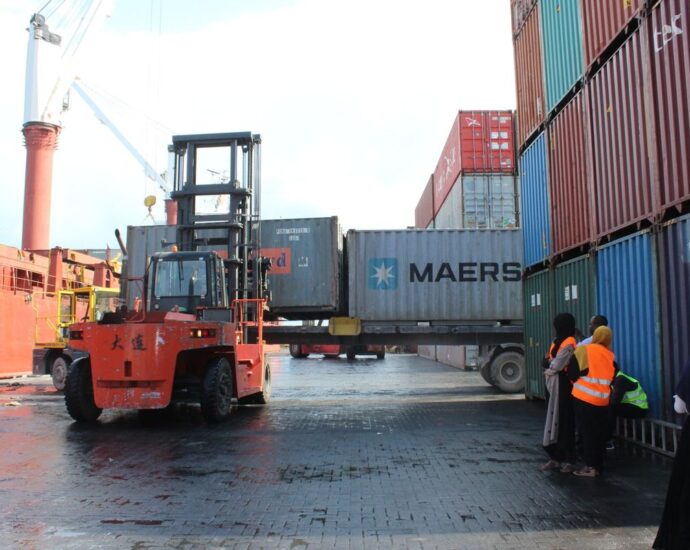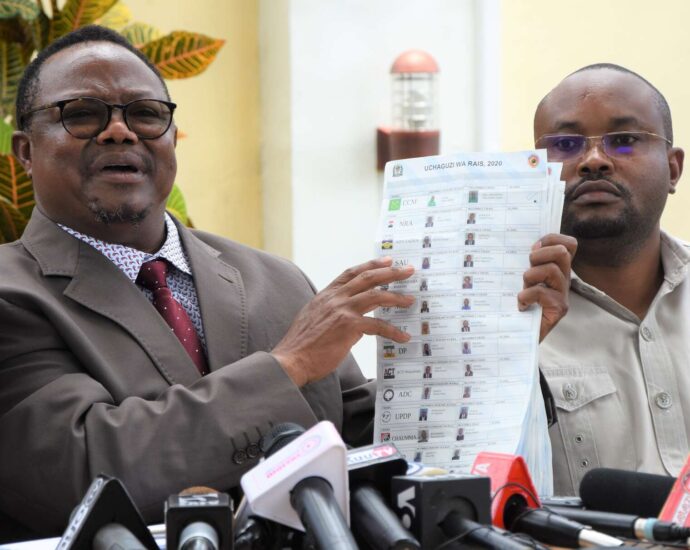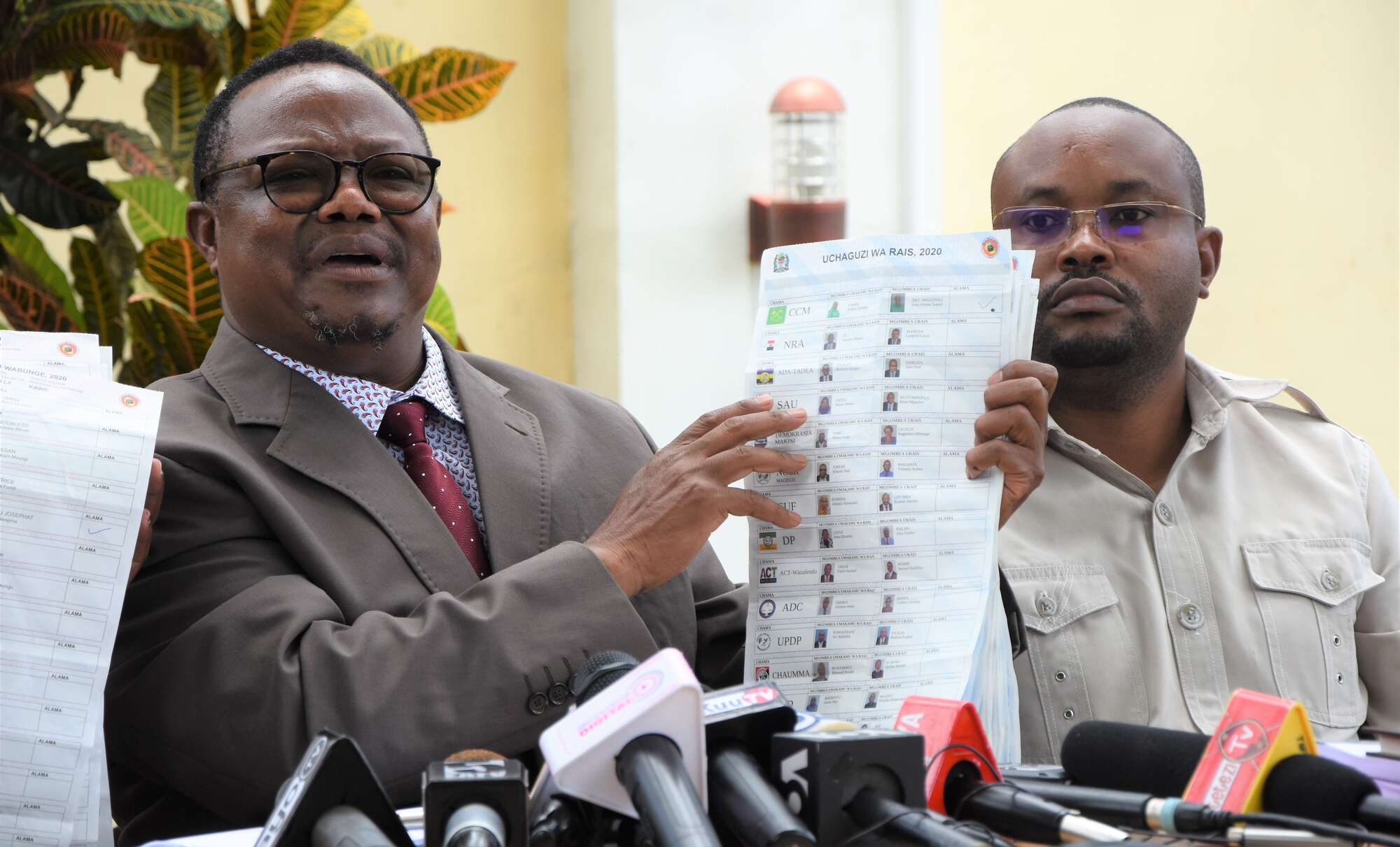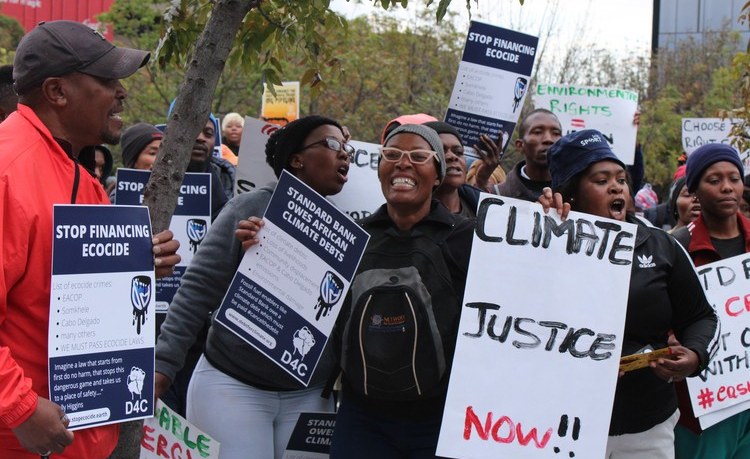Tanzania Commits to Restoring Forest Landscapes
Tanzania is committed to planting 5.2 million trees by 2030, as part of initiatives to restoring forest landscapes for a healthy planet and wealthy economies.
The commitment was expressed by the Minister for Natural Resources and Tourism, Ms Angellah Kairuki over the weekend during the 8th annual partnership meeting under the African Union Development Agency- New Partnership for Africa’s Development (AUDA-NEPAD).
“So far, 34 countries have agreed and have pledged to restore more than 129.5 million hectares. In this effort, Tanzania is committed to planting 5.2 million trees and has already planted 2.4 million trees, which is 46 per cent of our pledge,” she said.
Ms Kairuki said that President Samia Suluhu Hassan is among the world champions of natural conservation.
She has led the campaign of planting trees in the country, including spearheading efforts to switch to clean energy for cooking.
“President Samia has always been advocating for environmental conservation and tree planting, which is why she launched the ‘clean cooking energy’ campaign.
Through this campaign, we have seen her leading efforts to promote the restoration of our forests,” said Ms Kairuki.
Also read: Tanzania on right track on forest landscape restoration
Furthermore, Tanzania Forest Services (TFS) Chief Executive Officer Professor Dos Santos Silayo said that Tanzania has taken steps to conserve forests and natural vegetation by designating village lands that were not previously protected and upgrading the status of lower-grade forest areas to natural forests.
He said the objective is to enhance their protection. “For completely degraded areas, we planted new trees for environmental conservation and others for commercial purposes.
This was done to reduce reliance on natural forest resources and obtain them through sustainable plantation methods,” Prof Silayo said.
He said that TFS is coordinating management by improving the supervision of resources, a practice that many other countries are also adopting.
Prof Silayo added, “We have changed our resource management system from a civilian management system to a military one to have a team of committed and dedicated individuals with the discipline and expertise to carry out this work more efficiently and achieve the government’s goals.
He added that various activities have been carried out to restore forests and prevent their loss including making changes and amendments to policies, laws and regulations that govern the management and use of forest resources and various ecologies.
Source: allafrica.com


